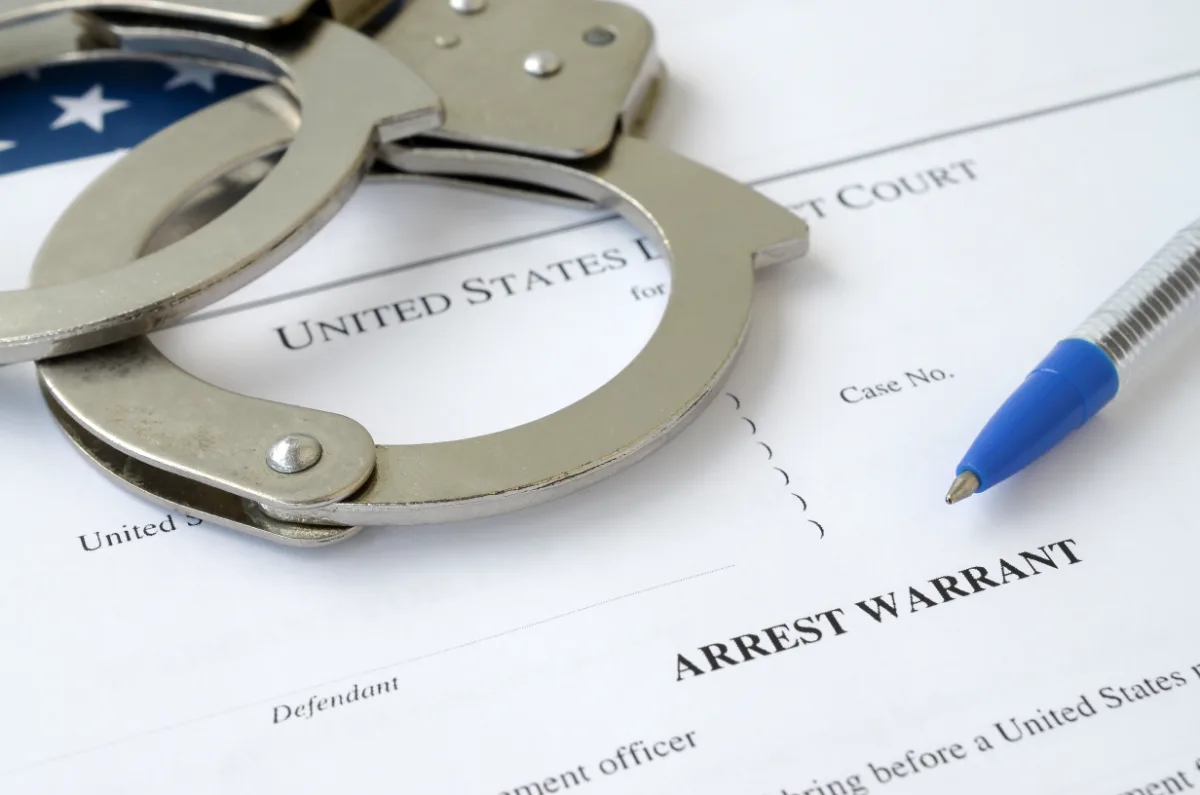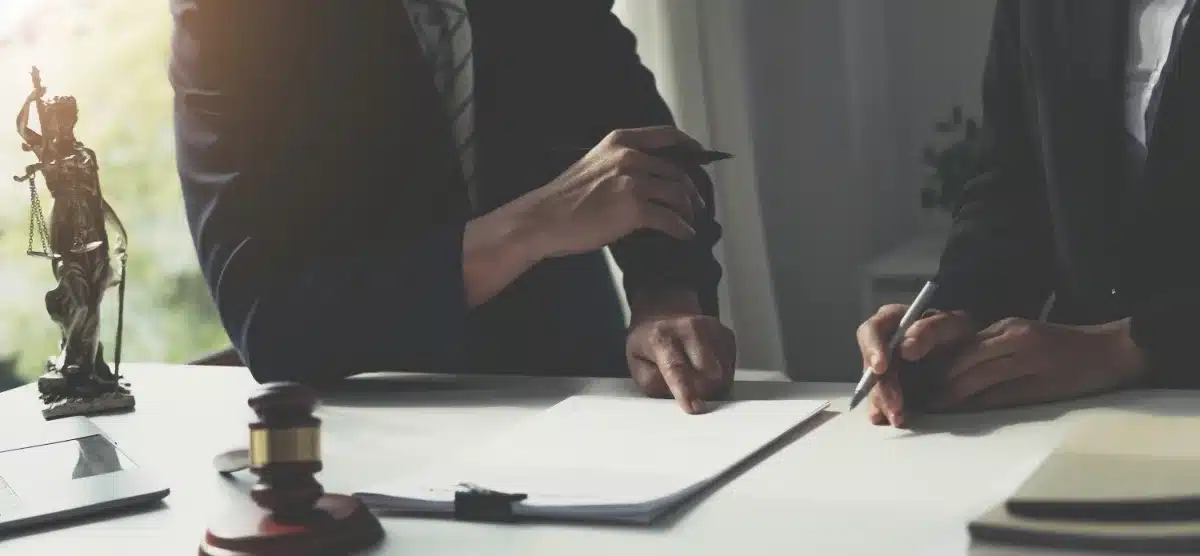WHAT IS HINDERING APPREHENSION OR PROSECUTION IN TEXAS? The Texas law against hindering apprehension or prosecution prohibits intentionally assisting a wanted person’s escape from arrest or prosecution in any manner, such as hiding a wanted person, warning the wanted person of police presence, or providing some other aid. WHAT IS...













